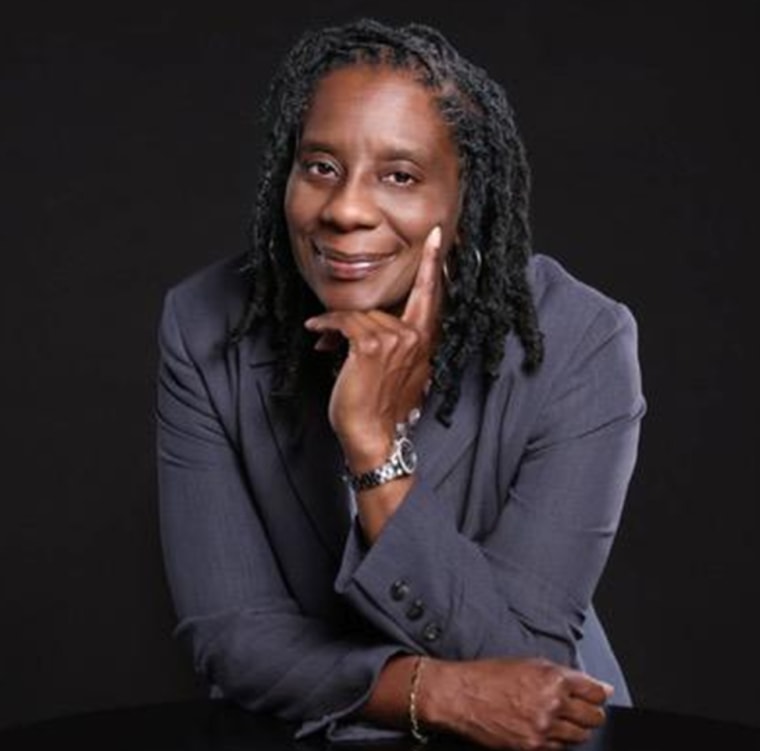Star Cunningham, Founder and CEO of 4D Healthware, has successfully raised a whopping $710,000 for patient engagement software that helps people manage their health on a digital dashboard.
Cunningham's software allows people to link their health tech devices to her software which then does the heavy lifting of analyzing the data and potentially alerting medical professionals if necessary. In an interview with NBCBLK, she explained the value of the technology and the story behind getting it funded.
Funding for tech startups for women is abysmally low. Between 2011 and 2013, just 2.7 percent of all venture-backed companies had a woman CEO according to Fast Company magazine. For Black women it's even lower.
"There is no secret regarding the challenge African Americans have raising capital. It's going to take us longer and we're going to raise less than the average. Our tipping point was that I have a phenomenal mentor named Esther Dyson who is a prolific health care investor. I called her and she said let me come and help you," Cunningham told NBCBLK.
Once the potential impact of her idea became noticed by funders several got on board quickly. They understood the far reaching potential saying that after, "we had the first $100,000 commitment in Chicago it took us maybe another 48 hours to get to the next $380,000 and then the rest of it came in over the next couple of months."
Cunningham's idea could eventually have people routinely checking the stats of their health vital signs just as they check their twitter and Facebook accounts.
RELATED: Kathryn Finney Wants to Literally Change the Face of Tech
"Consumers want data information and tools so they can manage their health away from the physicians office…the doctor can't be there 24/7 software can and chronic diseases require chronic care and chronic support," she added.
With the huge spike in popularity around wearable tech-driven devices by companies like Fitbit, combined with the demographics of the aging baby boomer population, Cunningham's idea arrives at the right time. Tens of thousands of patients could be potential users of her idea. Rather than focusing on one disease the platform is comprehensive.
"There is no secret regarding the challenge African Americans have raising capital."
"My background is IBM Smarter Planet and bringing together all the best pieces and parts of a solution to craft something for a customer. I started 4D Healthware four years ago and focused on convincing investors that a platform that was device agnostic, disease agnostic, and provider agnostic is the way health care is going at a time when the majority of investors are seeking the next 99 cent diabetes app," she said.
Cunningham said excitement grew around the project after investors understood the focus was more comprehensive.
RELATED: Tech Report Proposed to Solve Diversity Problem
"We were focused on a disease-agnostic platform that could handle diabetes, hypertension, cardio and obesity… it became a slam dunk once individuals started to put the pieces together," she said. She also discussed cost models.
"This whole space of wearables and sensor-based technology and how it could be applied to patients and healthcare is so new that no one was understanding how to pay for it. In January of 2015 Medicare came up with the first code, of $40 per patient per month, to pay for the remote management for patients with chronic disease and that sets us off on a totally different trajectory," Cunningham added.
Currently, 4D Healthware is focused on perfecting the software with a focused education campaign and making certain it connects with the right target audience. "This is just the beginning," she said, adding that her company will take 90 days to further research what works best for each individual patient.
